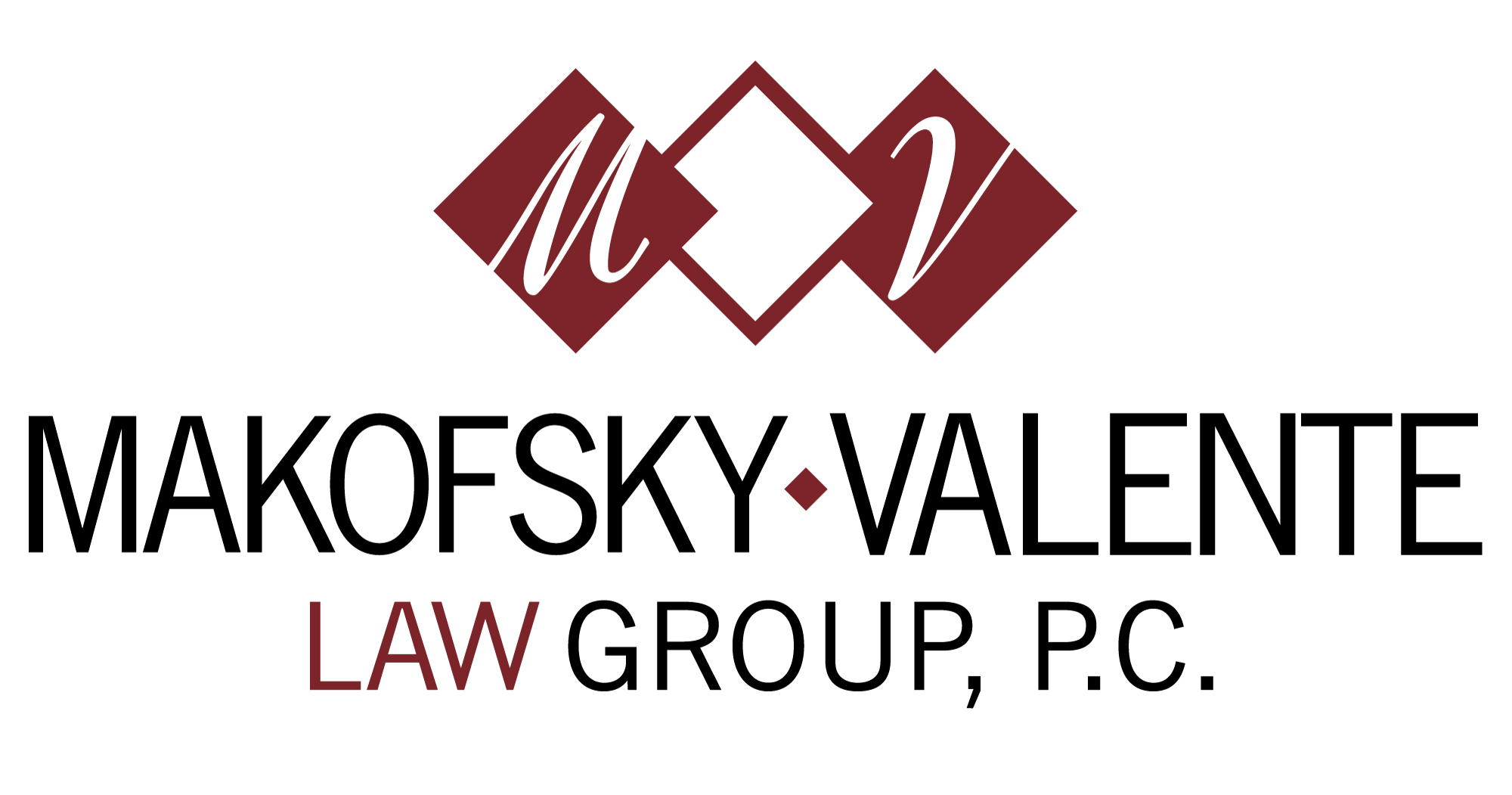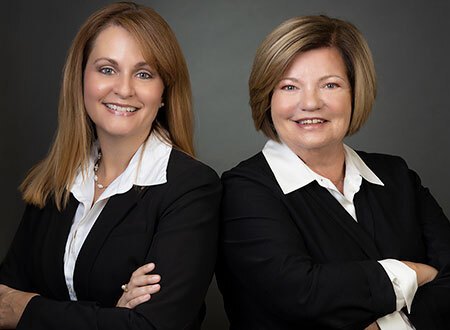A nursing home agreement establishes a binding agreement between the facility and the resident (and possibly his or her family).Especially because these agreements are often presented to a family during an emotional and difficult time, we want to highlight certain provisions families should consider prior to signing any agreement.
- Private Pay Requirement: It is illegal for a nursing home to require a Medicare or Medicaid recipient to pay the private rate. It also cannot require a resident to affirm that he or she is not eligible for Medicare or Medicaid if he or she actually is.
- Responsible Party: If you are signing the agreement on behalf of a loved one, the facility will likely request you do so as a “responsible party” – do not do this! Nursing homes cannot require a third party to guarantee payment of nursing home expenses. If they resident cannot sign, make sure it is clear you are signing only as an agent.
- Waiver of Liability: A facility cannot waive its liability for the resident’s health or liability for lost or stolen property belonging to the resident.
- Eviction Procedure: the law requires that evictions can only be authorized for limited reasons (for example, the resident’s health has improved, the facility is closing, or the resident has not paid). Be wary of agreements that attempt to expand the approved list of eviction justifications.
These agreements are typically lengthy and complex. Please feel free to contact the office at (516) 228-6522 if you have any questions!



